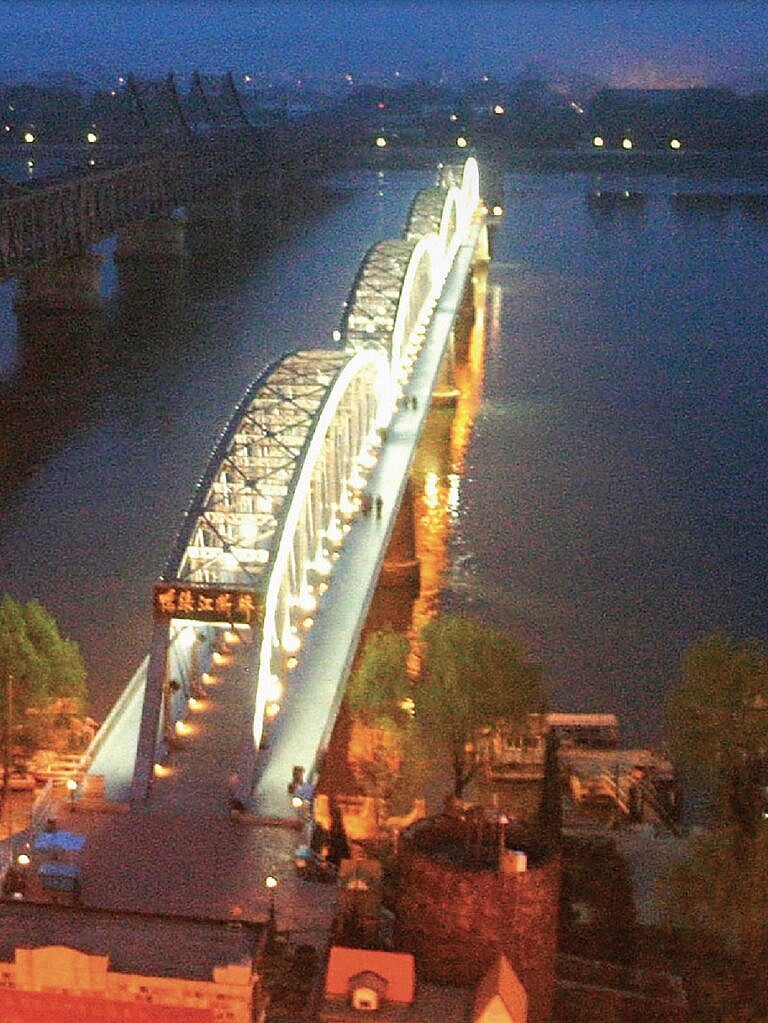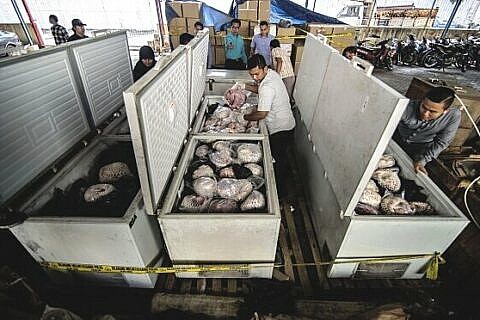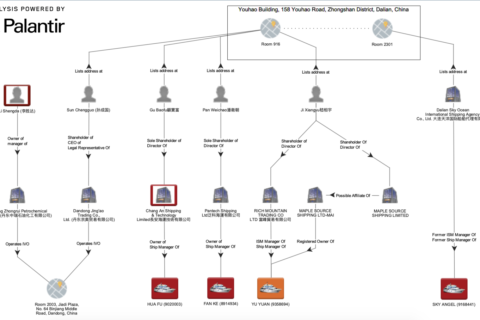In China’s Shadow

In China’s Shadow is the production of a partnership between C4ADS and the Asan Institute for Policy Studies.
Executive Summary #
North Korea’s overseas trading networks are evolving, and Pyongyang’s expansive business dealings with China, its biggest trading partner, are driving changes in the character, scope, and methods of these networks. As a result of these changes, North Korea and the entire Northeast Asian region face greater instability as regime elites in Pyongyang become increasingly willing and able to procure the strategic resources they need for regime security and weapons development.
North Korea has maintained a trade deficit since at least 1990, when researchers started to compile reliable data on the country’s international trade volume. Because some form of “invisible” or alternative sources of income are required to offset this deficit, this report argues that a significant portion of alternative revenue derives from overseas procurement and trade networks that have grown rapidly in size, sophistication, and scope. Wage earnings by North Korean workers overseas, revenue from various joint ventures between DPRK and foreign entities, and trafficking in weapons, illicit goods, and wildlife constitute further sources of hard currency. These illicit engagements have spanned the globe to include a range of rogue
actors and proliferators, including Syria, Hezbollah, Libya, Pakistan, and Iran.
To map these growing overseas networks, this report used open source databases, including corporate registries; court filings; Equasis maritime database records; customs and trade data provided by Panjiva, a customs trade data aggregator; and real time data on ship activities provided by Windward, a maritime data and analytics platform. The compiled information was consolidated using Palantir’s Gotham network analysis platform. The resulting study consists of two parts.





